Is Blue Mountain Coffee Black Coffee Origin Flavor History Story Blue Mountain Coffee beans are Arabica beans
Blue Mountain Coffee has been famous for a long time, and many people do not know it only by its name. From the blue mountain coffee beans that sell very well in the market, we can see that Blue Mountain is really very famous. Of course, it is only making money in the name of Blue Mountain, not the real Blue Mountain Coffee. Today, Qianjie Coffee will introduce you to the authentic Blue Mountain coffee beans.
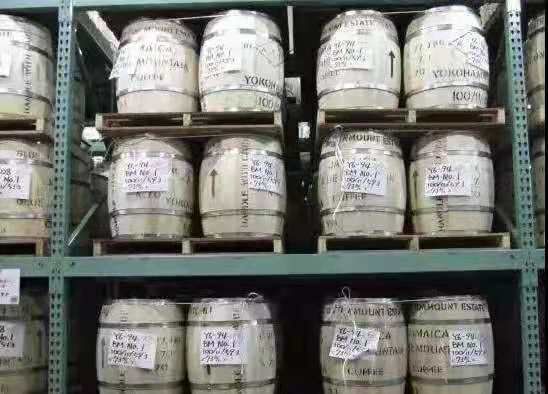
What is the authentic Blue Mountain coffee beans?
Blue Mountain Coffee, as its name implies, is a coffee bean from the Blue Mountain region of Jamaica, so those covers say "Blue Mountain Coffee" and "Blue Mountain mixed Coffee beans" must not be real Blue Mountain Coffee, using beans from other regions to imitate the taste of Blue Mountain Coffee. If it is good for those who have really drunk Blue Mountain Coffee and mistakenly bought these non-Blue Mountain Coffee without drinking Blue Mountain Coffee, there will be two situations in the front street, one is fake, because they do not know what the real taste is, so they think that the taste of this non-Blue Mountain is the taste of the real Blue Mountain; the other is to mistakenly think that Blue Mountain Coffee is no more than that, destroying the name of Blue Mountain.
So can all the coffee in the Blue Mountain area be called Blue Mountain Coffee?
Not really. In 1950, the Government of Jamaica established the Jamaica Coffee Industry Committee, which sets quality standards for Jamaican coffee and oversees the implementation of quality standards to ensure the quality of Jamaican coffee. The committee awarded special official seals to raw coffee and roasted coffee exported from Jamaica. It can be said that what is Blue Mountain coffee is decided by the Jamaican Coffee Industry Committee.
By 1981, about 1500 hectares of land in Jamaica had been reclaimed to grow coffee, and then another 6000 hectares of coffee land was invested in coffee. In fact, according to the committee's plan, only the coffee produced by the estates in these 6000 hectares of coffee land will be sold under the name Blue Mountain Coffee.
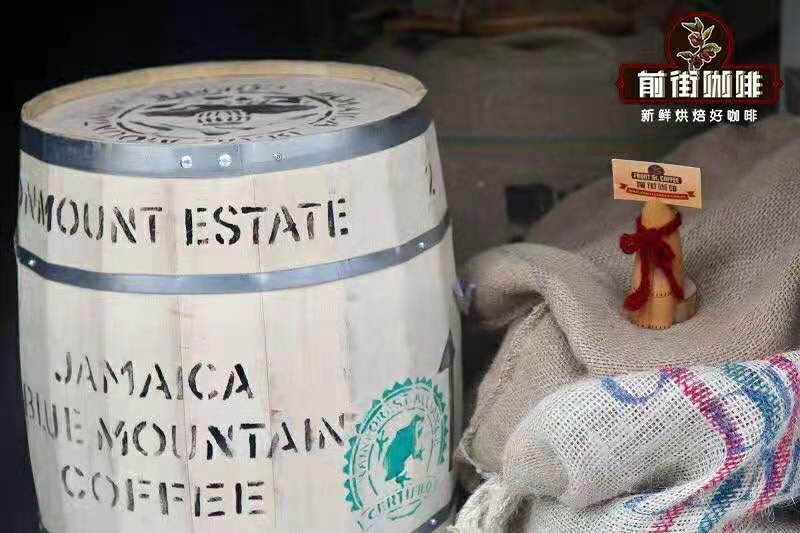
The coffee grown on another 12000 hectares of land in the Blue Mountains can only be called Alpine Top Coffee and Jamaican Coffee.
Of course, there is also a grading in Blue Mountain Coffee. Coffee number one, number two and number three are designated according to the size of raw beans. Among them, the best is also the common Lanshan No. 1 coffee in the domestic market, whose raw bean mesh must be more than 17 mesh, and the defect rate is less than 3%. The 2nd and 3rd are very rare on the market, because the price is not high and the fame is not great. So, what is really famous is Blue Mountain No.1 Coffee.
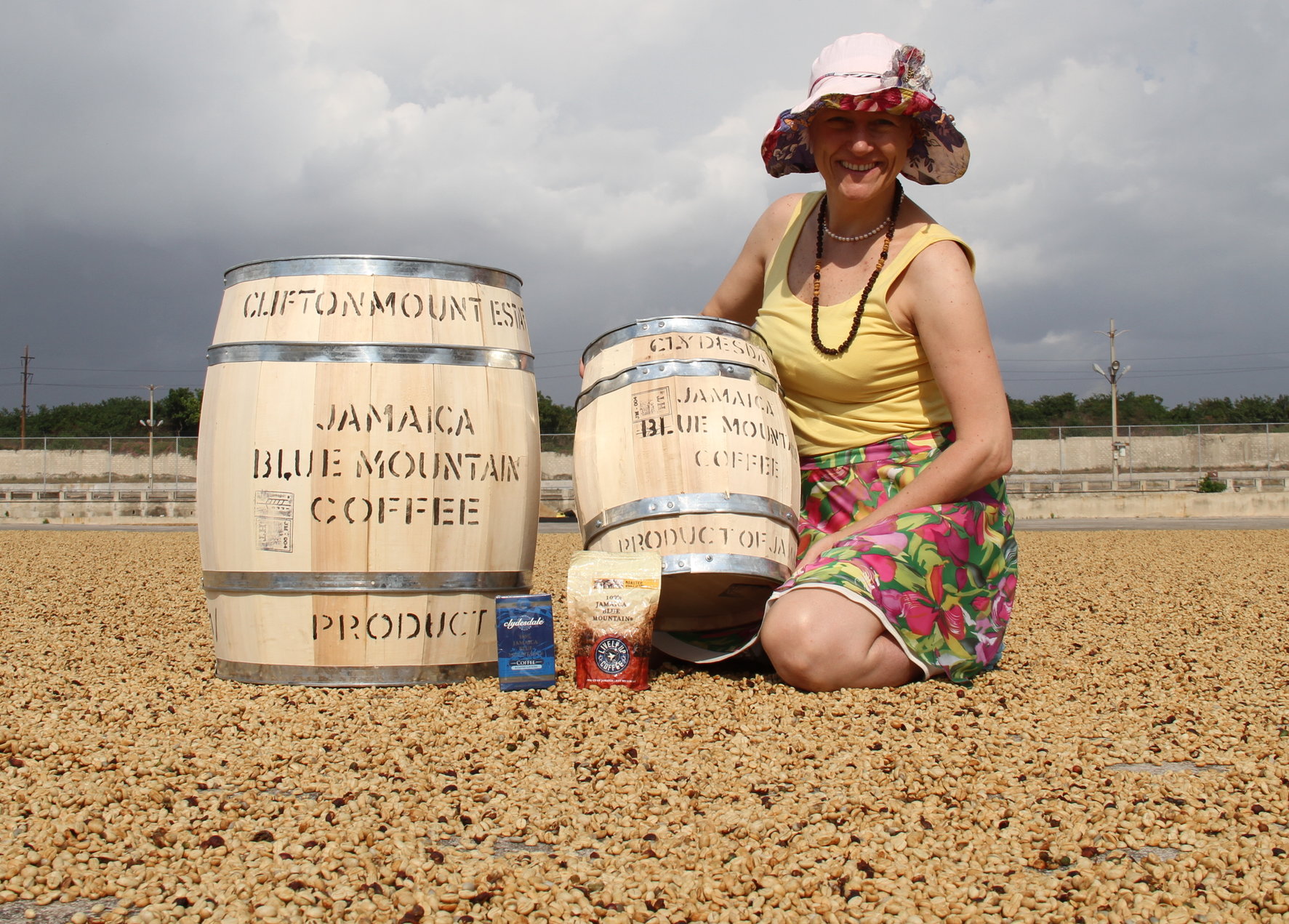
The high quality of Blue Mountain Coffee comes from high quality varieties.
Blue Mountain No. 1 coffee is a pure tin card, which belongs to the top students in Arabica. Since it was introduced to Jamaica from America in the 18th century, it is difficult to form a pillar industry because it has not paid much attention to it and its own output is small. Until the middle of the 20th century, Jamaica re-attached importance to the coffee industry, introduced advanced planting technology, improved management and established quality standards, coupled with a large amount of economic assistance from Japan, made it the most popular coffee bean at the end of the 20th century. (I have to say that the Japanese are really good at marketing.)
And all this is inseparable from varieties. You know, coffee beans in America have been changed for three rounds, and Ethiopia has not yet distinguished the varieties. Jamaica did it, and it still grows good Arabica coffee.
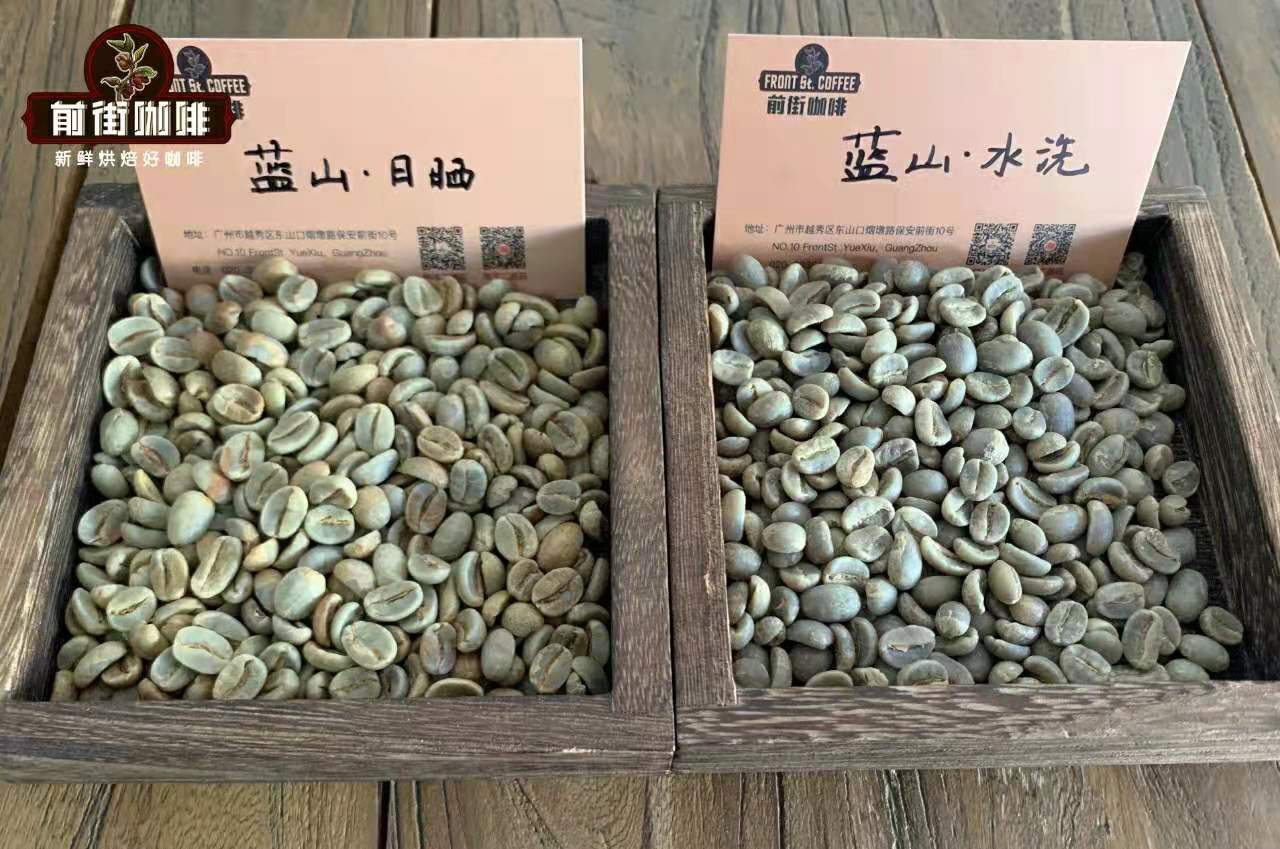
Real Jamaican Blue Mountain Coffee is certified
The Jamaican government used to insist that all Blue Mountain coffee is roasted in Jamaica to ensure that the quality remains the same. In fact, baking is a fine art, and it takes experience, training and expensive equipment to do a good job. From the consumer's point of view, coffee beans should be obtained and drunk immediately after baking. Coffee roasting in Jamaica is unlikely to meet this requirement. Now, raw coffee beans from Jamaica can be exported.
Qianjie coffee was introduced into the Blue Mountain No. 1 coffee from Clifton Farm, which was delivered back in the original bucket. At present, the Jamaican coffee shop on the market can issue certificates for all exported Blue Mountain coffee.
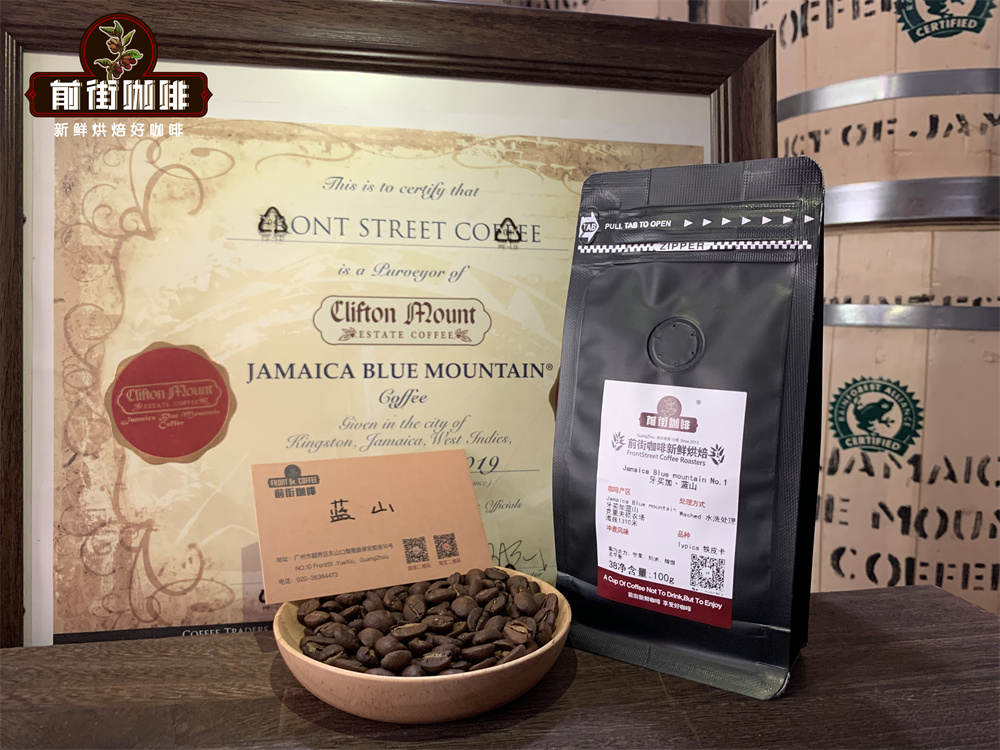
However, there is a bug in this certificate, that is, you order the blue mountain coffee beans of the season before you can apply for a certificate from CIB, and it takes 3-6 months for the certificate to be approved, and it has been almost a new year since it was sent to us. So there will be a year difference in this certificate.
Suggestion on brewing Jamaican Blue Mountain No. 1 coffee beans in Qianjie coffee
Powder quantity 15g, water temperature 86 ℃, ratio of water to powder 1:15, medium and coarse grinding (pass rate of Chinese standard No. 20 sieve 65%)
Generally choose these filter cups, V60 filter cup, kalita fan-shaped and Kono, Qianjie coffee is mainly brewed with Kono filter cup for display. Qianjie Coffee chooses Kono filter cup mainly because Blue Mountain Coffee chooses deep roasting, high temperature can easily lead to over-extraction, so Qianjie Coffee chooses 86 ℃ in water temperature. If V60 filter cup or other filter cup with fast flow rate is used at this temperature, it is easy to lead to insufficient extraction, while Kono has few and short ribs, which can isolate the gap between filter paper and filter cup, increase the residence time of water flow and have the function of soaking. Therefore, combining the test results of all the brewing parameters, Qianjie coffee finally chose the Kono filter cup.
In the brewing technique, Qianjie coffee is extracted by stages, that is, three-stage water injection method. Steaming with 30g water for 30s, the first small flow was injected around the circle to 125g off water, and the second stage of water injection was continued when the liquid level was about to expose the powder layer, and the total extraction time (including steaming) was 225g.
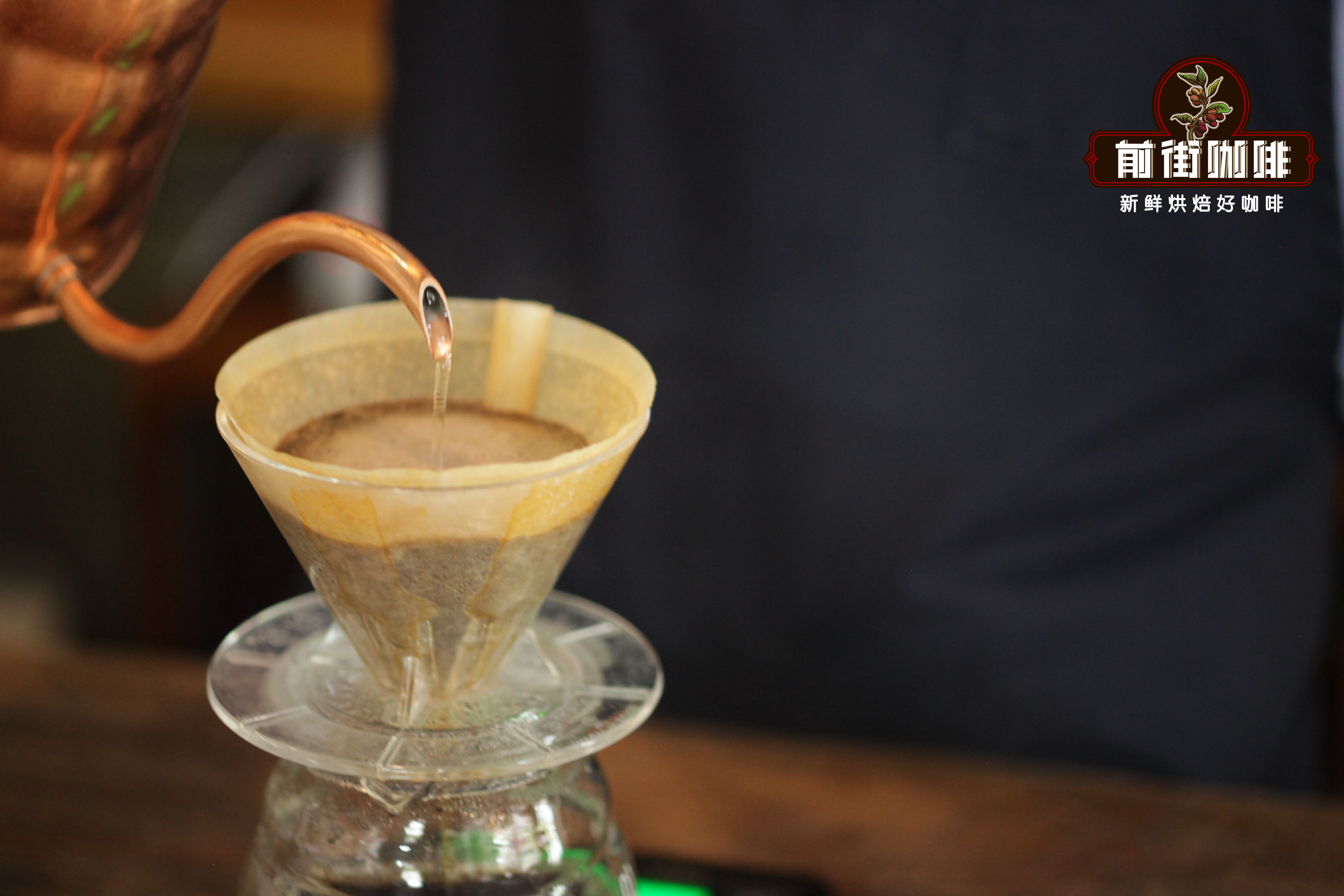
What's the flavor of Blue Mountain coffee?
Since Blue Mountain Coffee is so famous, what's so special about its flavor? The excellent quality of Blue Mountain coffee beans has created its clean taste. In the era of medium and deep roasting, Blue Mountain coffee tends to show a balance between sweet and sour, with slight notes of nuts and chocolate, and the aftertaste is very comfortable. It represents the highest quality of coffee of an era and is a veritable king of coffee.
Important Notice :
前街咖啡 FrontStreet Coffee has moved to new addredd:
FrontStreet Coffee Address: 315,Donghua East Road,GuangZhou
Tel:020 38364473
- Prev
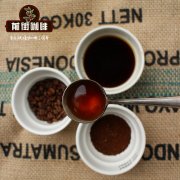
The difference between Arabica and robusta coffee beans the difference between Robusta and Arabica
Professional coffee knowledge exchange more coffee bean information please follow the coffee workshop (Wechat official account cafe_style) front street-two major coffee varieties introduction coffee belongs to the Rubiaceae coffee evergreen shrubs, mainly planted in the tropical and subtropical areas between the Tropic of Cancer (latitude 2326), this area is also known as coffee belt (Coffee Belt) or coffee area (Coffee Z)
- Next

Blue Mountain Coffee belongs to Arabica. It is not authentic Blue Mountain Coffee producing area has such a requirement.
Professional coffee knowledge exchange more coffee bean information please follow the coffee workshop (Wechat official account cafe_style) Front Street-Jamaica Blue Mountain Coffee introduces the weather, geological structure and topography of Jamaica provides a unique ideal place. The designated Jamaican Blue Mountain Coffee can only be grown in the Blue Mountain area, north-east of the island of Jamaica in Kingston. Coffee grows the most.
Related
- Beginners will see the "Coffee pull flower" guide!
- What is the difference between ice blog purified milk and ordinary milk coffee?
- Why is the Philippines the largest producer of crops in Liberia?
- For coffee extraction, should the fine powder be retained?
- How does extracted espresso fill pressed powder? How much strength does it take to press the powder?
- How to make jasmine cold extract coffee? Is the jasmine + latte good?
- Will this little toy really make the coffee taste better? How does Lily Drip affect coffee extraction?
- Will the action of slapping the filter cup also affect coffee extraction?
- What's the difference between powder-to-water ratio and powder-to-liquid ratio?
- What is the Ethiopian local species? What does it have to do with Heirloom native species?

